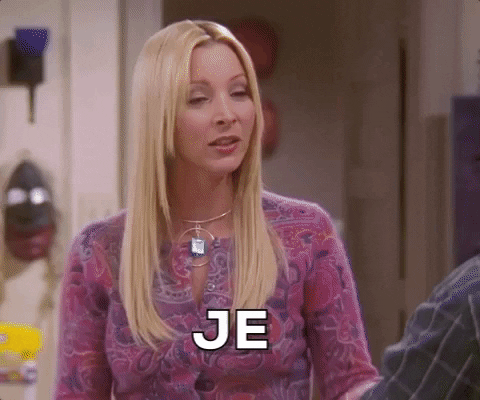Why your French still sucks
And why vocabulary is the key to overcoming a language-learning plateau
In my early twenties, I decided to learn German, for no other good reason than seeing the movie Run, Lola, Run, and thinking that the language sounded cool!
I had successfully taught myself English and intermediate-level Spanish, so I was ready for another language. I had been hit by a language-learning fever: this intense desire to learn as many languag…




